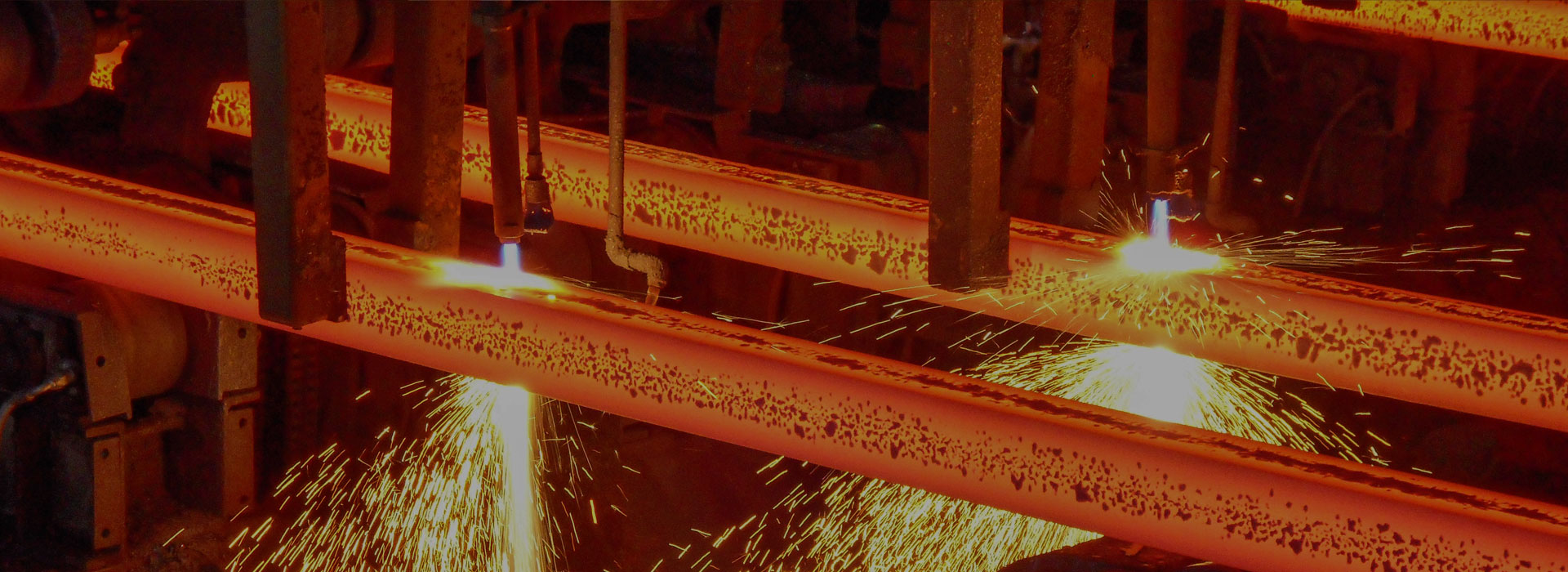What Is Heat-resisting Steel
2023-08-24
Heat-resisting steel, also known as heat-resistant steel or high-temperature steel, is a type of alloy steel that is specifically designed to withstand high temperatures and maintain its mechanical properties. This article will explore the characteristics, applications, and advantages of heat-resisting steel.
Heat-resisting steel possesses several key characteristics that make it suitable for high-temperature applications. Firstly, it has excellent resistance to oxidation, which prevents the formation of rust and corrosion at elevated temperatures. Secondly, it exhibits high strength and toughness, allowing it to withstand mechanical stress and deformation under extreme heat conditions. Lastly, heat-resisting steel has good thermal conductivity, enabling efficient heat transfer and dissipation.
Heat-resisting steel finds extensive applications in various industries where high temperatures are encountered. One of the primary uses is in the manufacturing of heat exchangers, which are crucial for transferring heat between fluids or gases. Heat-resisting steel is also utilized in the production of furnaces, boilers, and other equipment used in the energy and power generation sector. Additionally, it is employed in the aerospace industry for manufacturing jet engines and gas turbines, where extreme temperatures are experienced.
The use of heat-resisting steel offers several advantages. Firstly, its ability to withstand high temperatures ensures the longevity and durability of the equipment, reducing maintenance and replacement costs. Secondly, its resistance to oxidation and corrosion enhances the reliability and efficiency of the machinery, preventing failures and downtime. Moreover, heat-resisting steel's high strength and toughness contribute to the overall safety and performance of the equipment, ensuring smooth operations even under extreme conditions.
Heat-resisting steel is a specialized alloy steel that exhibits exceptional resistance to high temperatures, oxidation, and corrosion. Its unique characteristics make it suitable for various applications in industries such as energy, power generation, aerospace, and manufacturing. The advantages of heat-resisting steel include increased durability, reliability, and safety of the equipment. As technology advances and the demand for high-temperature applications grows, the importance of heat-resisting steel will continue to rise.




